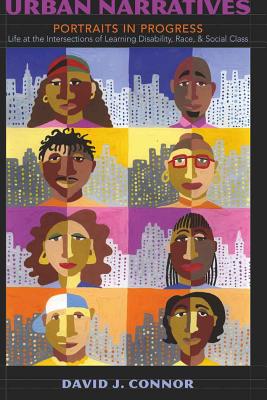
description
heidon examines the lives of children born of wartime rape and the experiences of their mothers and communities to offer a gendered theory of harm and repair. Drawing on ethnographic research in postconflict Peru and Colombia, Theidon considers the multiple environments in which conception, pregnancy, and childbirth unfold. She reimagines harm by taking into account the impact of violence on individual people as well as on more-than-human lives, bodies, and ecologies, showing how wartime violence reveals the interdependency of all life. She also critiques policy makers, governments, and humanitarian organizations for their efforts at postconflict justice, which frequently take an anthropocentric rights-based approach that is steeped in liberal legalism. Rethinking the intergenerational reach of war while questioning what counts as sexual and reproductive violence, Theidon calls for an explicitly feminist peace-building and postconflict agenda that includes a full range of sexual and reproductive rights, including access to safe and affordable abortions.
member goods
No member items were found under this heading.
Return Policy
All sales are final
Shipping
No special shipping considerations available.
Shipping fees determined at checkout.







